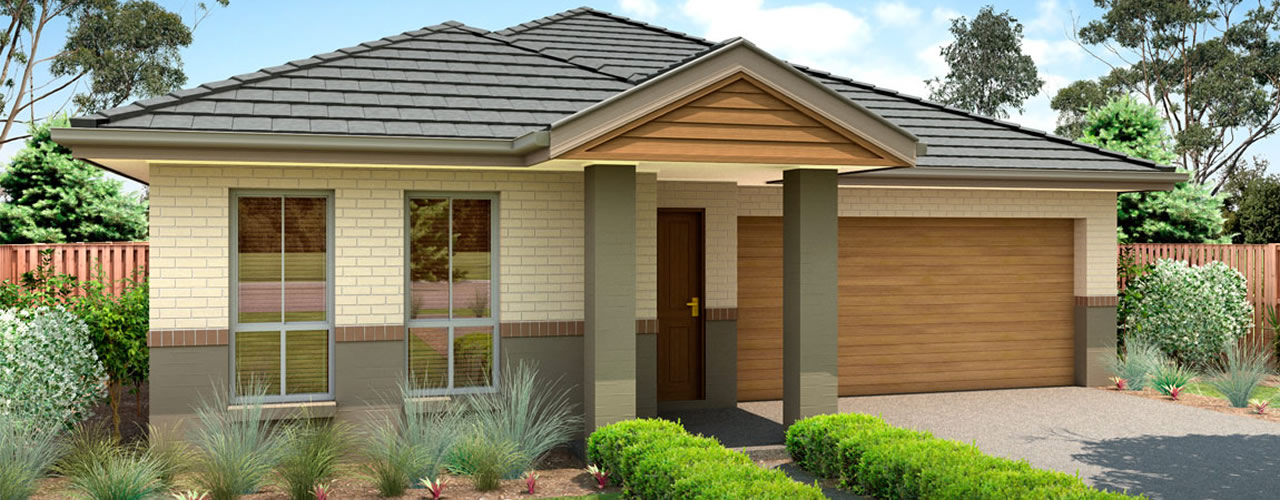How To Buy An Investment Property
How to buy an investment property.
Who said that you need to buy a home before an investment property? Rules, rules… there are no rules. Rent that bad boy out, claim the deductions and gain on capital growth. A clever purchase, a little patience and you could reap the rewards.
This can be a financially sound option but it won’t be suitable for everyone. Professional advice should definitely be sought prior. Be mindful that if you receive the First Home Buyers Grant you will have to live in the property. The grant could be sacrificed if you rent out the property straight after the purchase. It is a factor that should be factored into your best/ worst case costing scenario when you’re crunching the numbers.
The usual expenses such as insurance, rates, and water will tend to be priced at a higher premium. Potentially the property could sit vacant for a period of time as well, or maybe a bad lot of tenants will go through the property. Therefore, you really need to work out costing and funding scenarios to create a no surprises environment for when you’re doing the books.
Advantage taxation… owning the property as a rental will allow for a number of income deductions. The interest on the loan the expenses along with the depreciation will all be factored at tax time. To maximise the benefits, get a quantity surveyor to do a depreciation schedule (costing approx. $1000) and speak to a qualified accountant. Professional advice is an absolute must.
Careful consideration needs to be made against rental yields, demand etc. Maybe after a little bit of time you can use the equity built in the property to buy another. Before you know it, you’ll be strutting around like the Monopoly Man.
Aspects to consider:
- Capital growth
- Demand for rentals in the area
- Maintenance requirements
- Depreciation
- Rates of return
- Income tax implications
- Interest rates
Similar to purchasing a house to live in, consider aspects like transport/ schools/ proximity to amenities etc. which will all be important to future tenants as well. Seek professional advice and above all, aim to get quality tenants who will treat your home the way you would.
There is not a lot of difference between buying and investment and your own principal place of residence with the exception of a few tweaks. The fundamentals are the same just a slightly different approach:
- Always seek professional advice and find a good accountant
- Consider borrowing enough to cover the purchase price and on-costs (they can become a deduction)
- Look at positive and negative gearing options
- Choose a suitable loan
- Weigh up both principal & interest, and interest-only loans
- Take a long-term approach. This is particularly important because property values will only truly appreciate over time
- Decide whether you need to pursue a growth strategy or an income strategy.
If you get your first purchase right it will be the perfect foundation to build a portfolio or to leverage from. To do it right you need to:
- Choose the right property at the right price
- Cash flow is king! Know your numbers inside out and back to front
- Find a good property manager
- Understand the market dynamics of where you are intending to buy
- Get the right mortgage structure in place from the get go. It will establish the foundation for how the next ventures are funded
- Consider negative and positive gearing strategies – the most suitable strategy will depend on your needs/ requirements
- Take a long-term view and;
- Maintain the property and look after your investment. Being tight on maintenance will end up costing a lot more later down the track… in more ways than one.
How to get it wrong…
- By not removing the emotion! You are not buying to live there, you are there to make money. Treat it like a business
- Not structuring your finances properly
- Trying to do everything yourself and not obtaining professional advice
- Overpaying for the property will mean years will be eaten out of your growth strategy
- Speculating
- Poor cash flow management
- Poorly maintaining the property. It won’t attract tenants and will cost a lot of money when it’s sitting empty for extended periods.
A smart, well time investment can set the foundations for success. Patience, knowledge and strategy are key in knowing when to make opportunistic decisions.
If you require expertise in loan structuring outlined in simplified manner The Buyers Guide can certainly help with that. Reach out and we’ll work through a suitable strategy that will help obtain your goals and secure your financial future.



